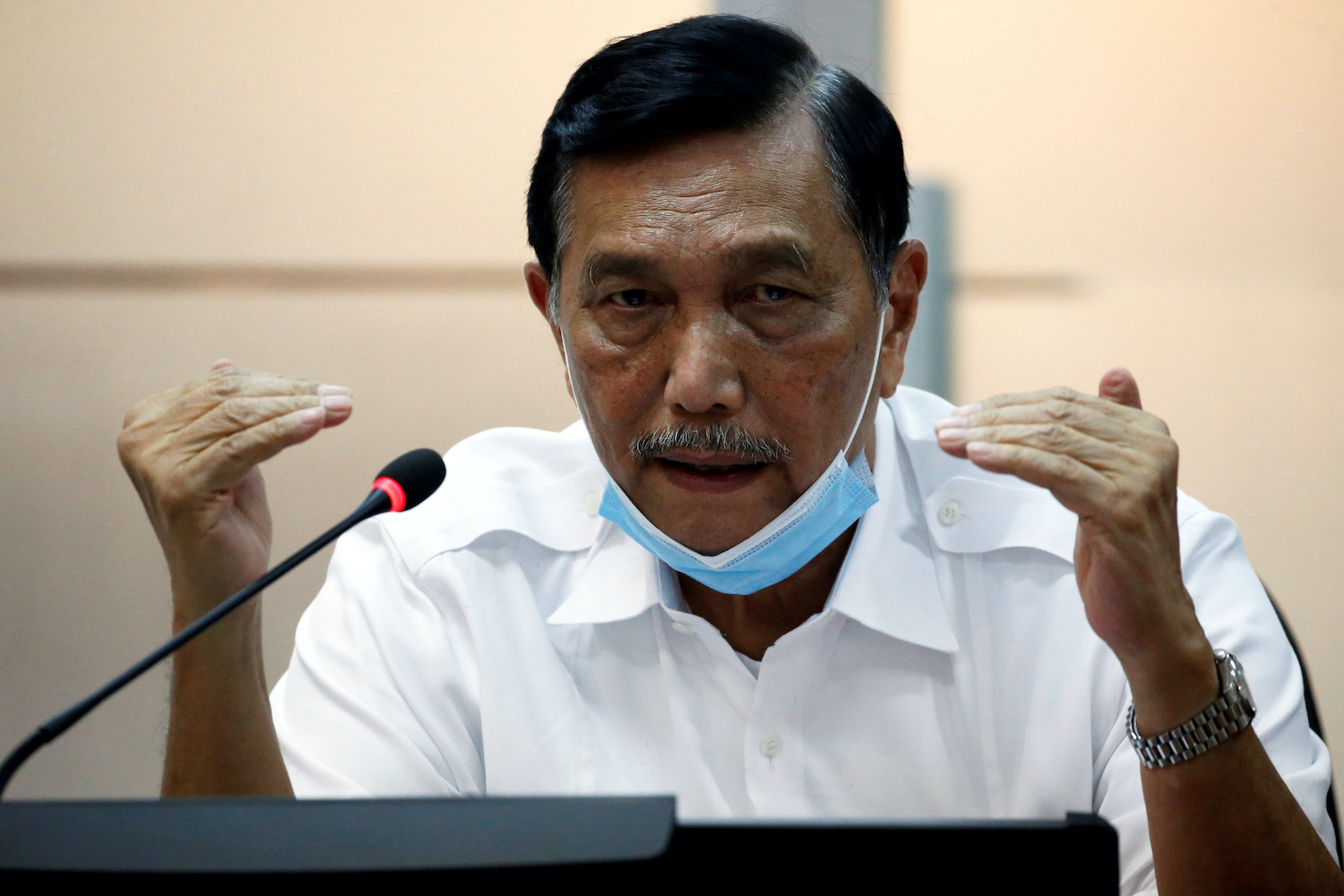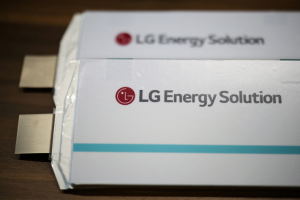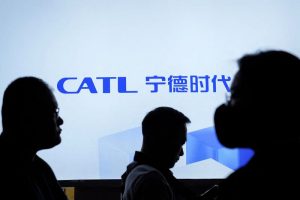(ATF) Freeport Indonesia and China’s Tsingshan Holding Group are close to reaching a deal on building a $2-billion copper smelter in Weda Bay, on Halmahera in the Malaku Island group in the east of the Indonesian archipelago.
Weda Bay is a site of a huge nickel deposit, estimated to have over nine million tonnes, according to Eramet, which is the minor partner of Tsingshan, the world’s largest stainless steel company, in the mining project.
The Indonesian government under Joko Widodo is looking to become part of the world supply chain for electric vehicles. The copper smelter at Weda Bay and nickel processing facilities on other islands are multi-billion-dollar projects linked to this grand plan.
Senior minister Luhut Panjaitan revealed the latest developments on Wednesday (Feb 3), saying: “The smelter will produce copper pipes and wires, of which output could be worth $10 billion or more.” He expected the deal would be sealed in March.
Luhut said the facility would also make other products from copper that could be used as lithium battery components, to support Jakarta’s goal of building an electric vehicle (EV) supply chain in the country. Sulphuric acid derived from the copper smelting process is needed to produce nickel sulfide and the alloy used in cathodes. But the minister did not give a timeline or estimate of the output scale.
Indonesia is trying to attract more investments from battery and car companies to take advantage of the country’s nickel ore resources, which is an important component in batteries used in EVs.
“If this goes according to plan – because the nickel plant would already have been running – by 2023 we would be able to produce lithium batteries,” said Luhut, who is the country’s Coordinating Minister for Maritime and Investment Affairs.
Tsingshan had no comment when contacted by Reuters. But a spokesman for Freeport McMoran’s Indonesian unit said the company “remains committed” to building another smelter and that it was still discussing cooperation with Tsingshan.
‘Full nickel supply chain’
Once the world’s biggest exporter of nickel, Indonesia banned ore exports last year amid efforts to develop a full nickel supply chain, starting from extraction, processing into metals and chemicals used in batteries, all the way to building EVs.
At least four high-pressure acid leach (HPAL) plants, which process nickel laterite into chemicals used in batteries, are being constructed in Indonesia led by Chinese investors. Most of these had planned to dispose of waste in the sea, but a spokesman for the minister said on Friday they would not issue permits for deep sea tailings for any future projects.
Despite obstacles, Indonesia is expecting investment in nickel processing to double from 2020 to $35 billion by 2033, led by Chinese stainless steel producers and battery makers.
The country also signed a $9.8-billion EV battery deal with South Korea’s LG Energy Solution in December.
Wooing Tesla
Indonesia has also been wooing Tesla, which has been looking to find reliable sources of nickel globally after warning the current cost of batteries remains a hurdle to growth.
Tesla has sent an investment proposal and the government will meet with the company next week, Septian Hario Seto, the deputy head for investment and mining coordination said on Friday (Feb 5).
Indonesia has a chequered environmental track record in mining, so EV companies could be cautious about directly investing given environmentally-conscious consumers, experts say.
The nation, which is the world’s biggest nickel producer, has not officially banned so-called deep sea tailings (DST) but by not issuing new permits it could delay planned projects and complicate efforts to dispose of waste.
Proponents of DST say it is cheaper and less harmful to pipe waste into the sea, especially on tropical islands where earthquakes or heavy rain limit storage, but critics says the impact of such marine disposal is poorly understood.
“There is no written regulation yet, but the policy is to not issue permits for deep sea tailing for any future projects,” Jodi Mahardi, a spokesman for the Maritime and Investment Affairs Coordinating Minister, told Reuters.
Up to now only one nickel mine in Papua New Guinea is using DST, according to global producer association the Nickel Institute.
Indonesia currently uses the disposal method at its second-largest copper mine, run by PT Amman Mineral Nusa Tenggara.
Indonesian nickel projects seeking permission for DST did not receive an outright rejection, but a lengthy wait meant that land tailings eventually become “the only option”, according to a corporate mining source familiar with the matter.
With reporting by Reuters























